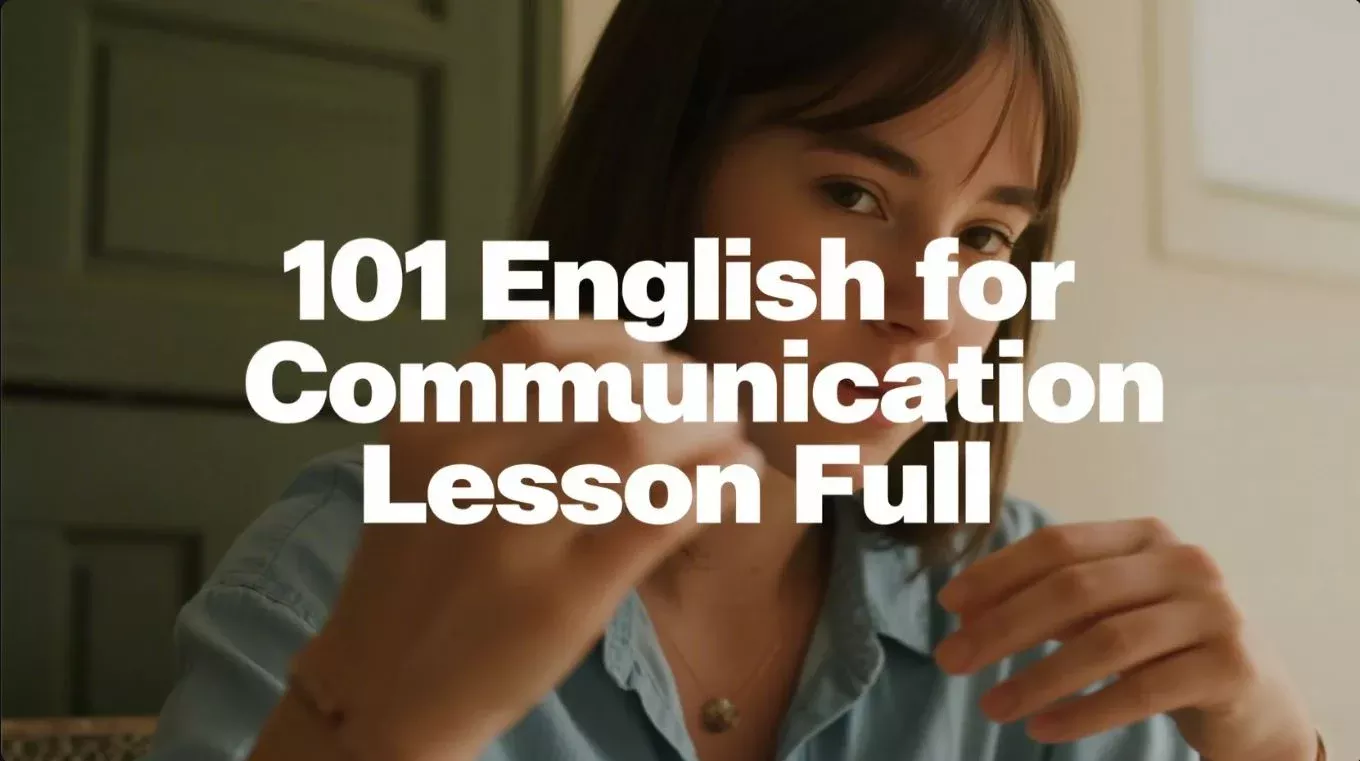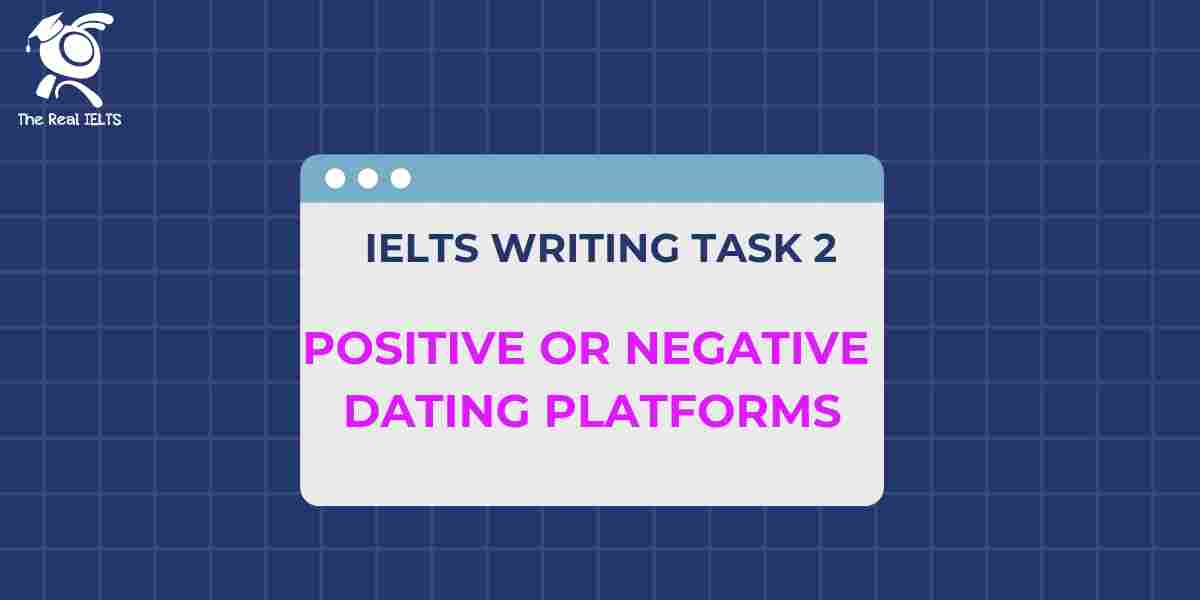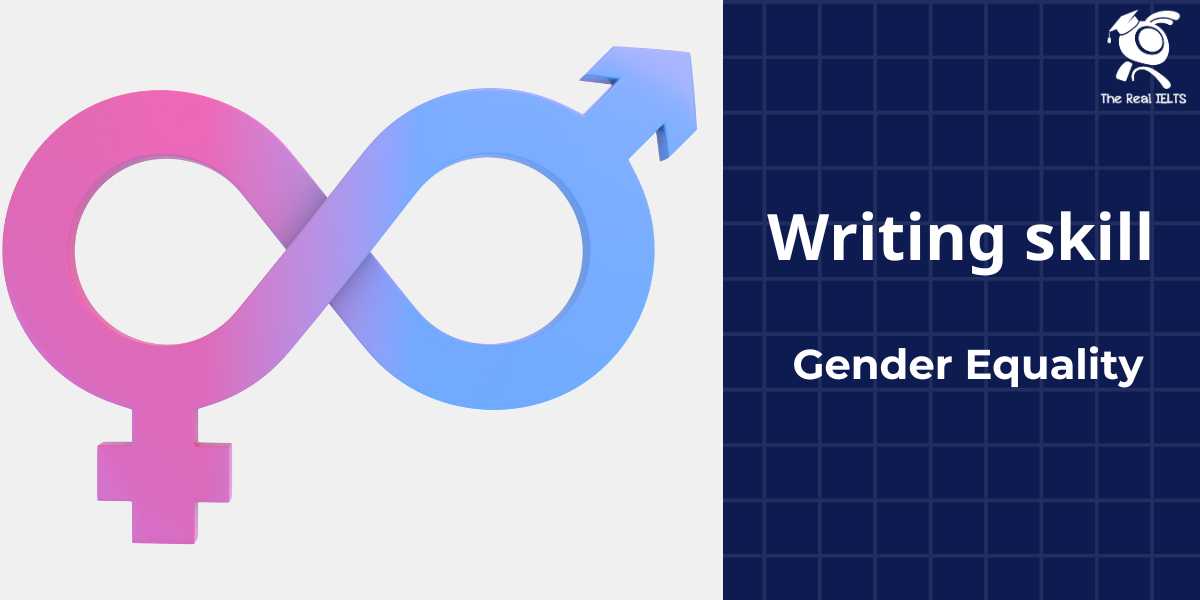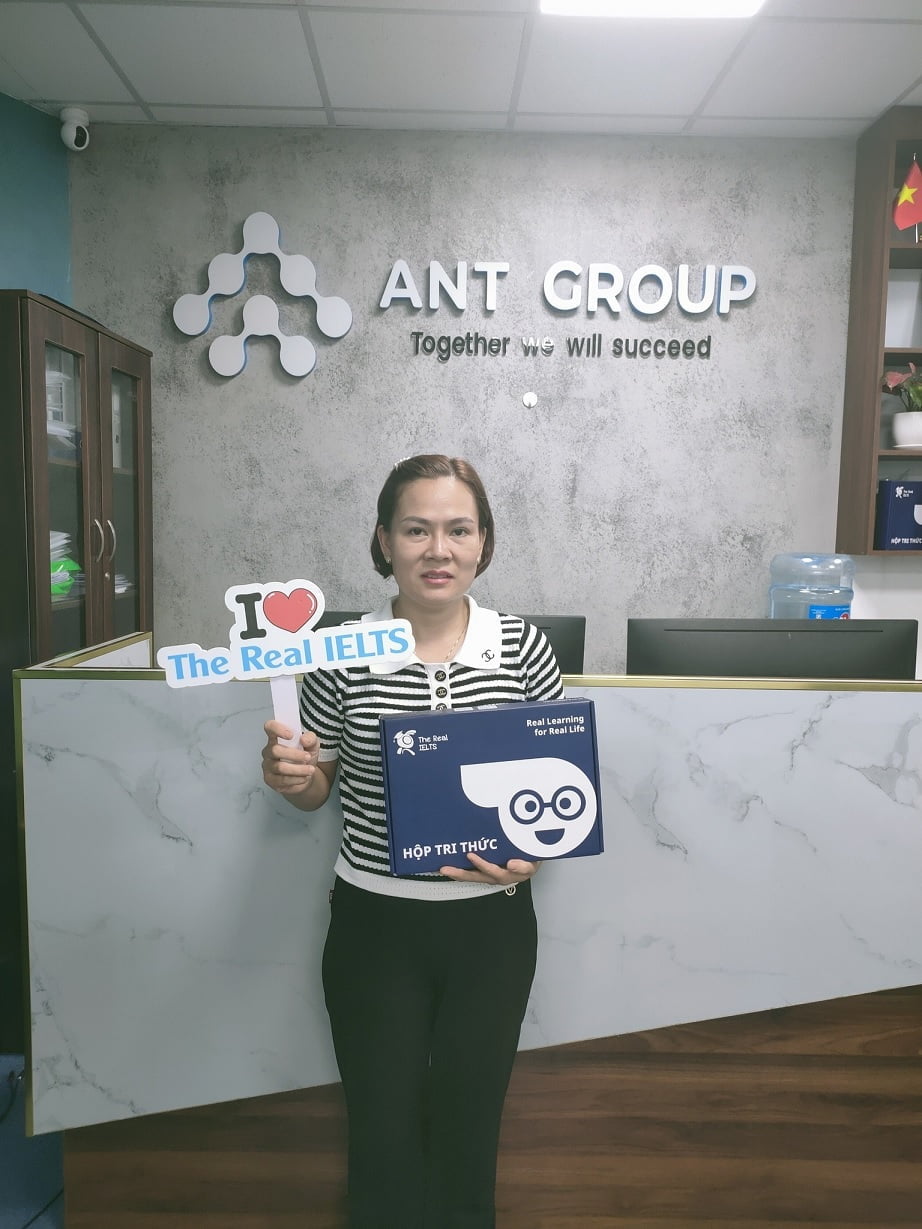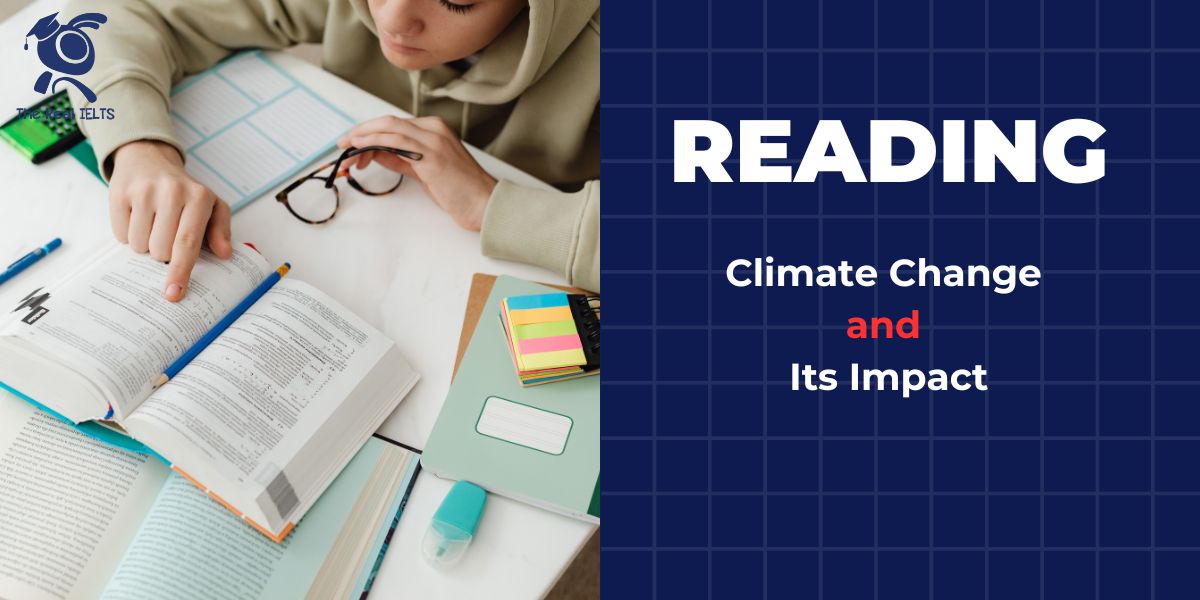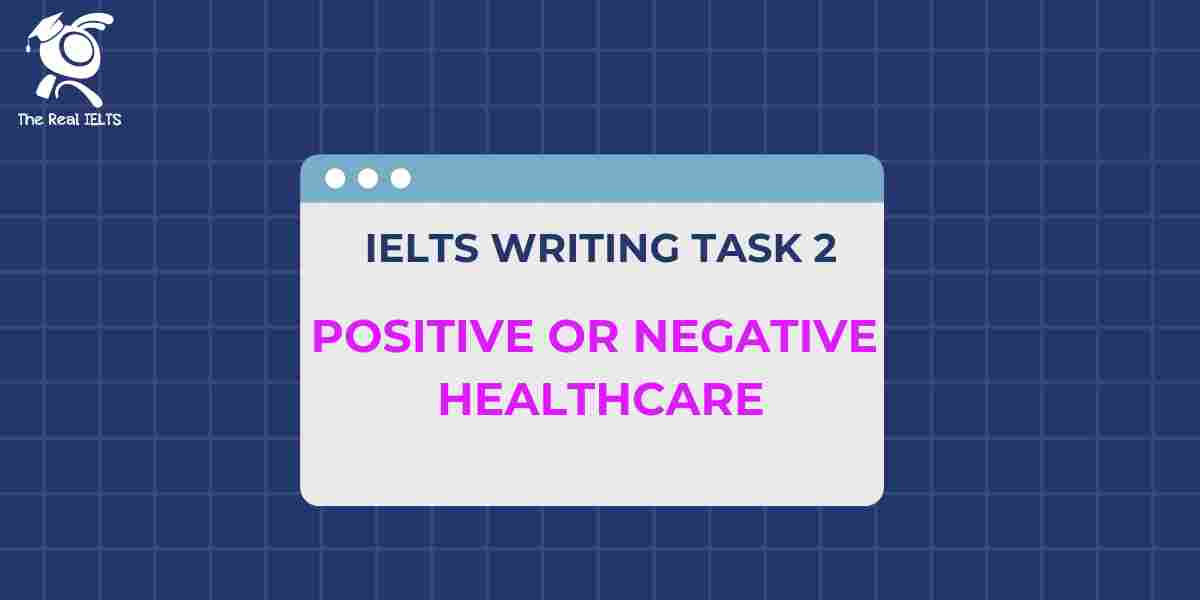100 ví dụ hỏi và trả lời về giáo dục
Đọc thêm: 101 Bài Tiếng Anh Giao Tiếp Cơ Bản Full
Personal Experiences with Education
- Q: What’s your most memorable educational experience?
A: A teacher who inspired me to love science in high school. - Q: How has education shaped your life?
A: It gave me the skills and confidence to pursue my dreams. - Q: What’s a subject you loved in school?
A: History—it brought the past to life. - Q: What’s a lesson from school you still apply today?
A: Time management from juggling assignments. - Q: How did a teacher impact your education?
A: My math teacher made complex concepts fun and clear. - Q: What’s a challenge you faced in your education?
A: Overcoming test anxiety with study strategies. - Q: What’s a favorite memory from your school days?
A: Winning a debate competition with my team. - Q: How did education help you discover your passions?
A: Art classes sparked my love for creativity. - Q: What’s a skill you learned in school that you still use?
A: Critical thinking from analyzing literature. - Q: What’s an educational achievement you’re proud of?
A: Graduating with honors after years of hard work.
Teaching and Learning Methods
- Q: What’s an effective teaching method you’ve experienced?
A: Hands-on projects—they make learning engaging. - Q: How do you prefer to learn new things?
A: Through interactive videos and practice. - Q: What’s a teaching style you admire?
A: Encouraging questions and open discussions. - Q: How can teachers make learning fun?
A: By using games and real-world examples. - Q: What’s a learning technique you recommend?
A: The Pomodoro method for focused studying. - Q: How does group work benefit education?
A: It teaches collaboration and diverse perspectives. - Q: What’s a way to improve student engagement?
A: Incorporating student interests into lessons. - Q: How do you learn best—alone or with others?
A: Alone for focus, but groups help with ideas. - Q: What’s a creative way to teach a subject?
A: Using storytelling to explain history. - Q: How can teachers support struggling students?
A: By offering personalized feedback and encouragement.
Technology in Education
- Q: How has technology changed education for you?
A: Online platforms make learning accessible anytime. - Q: What’s an educational app you recommend?
A: Khan Academy for free, high-quality lessons. - Q: How does technology improve learning?
A: It personalizes lessons through AI and apps. - Q: What’s a tech tool you use for studying?
A: Quizlet for creating digital flashcards. - Q: How can technology make education more inclusive?
A: By providing resources for diverse learners. - Q: What’s a downside of technology in education?
A: It can distract students if not managed well. - Q: How do you use technology to stay organized in school?
A: Google Calendar for tracking assignments. - Q: What’s a tech trend in education you’re excited about?
A: Virtual reality for immersive learning. - Q: How has online learning impacted your education?
A: It’s given me access to global courses. - Q: What’s a tech challenge in education today?
A: Ensuring all students have internet access.
Challenges in Education
- Q: What’s a major challenge in education today?
A: Inequality in access to quality education. - Q: How can we address student stress in education?
A: By teaching mindfulness and reducing pressure. - Q: What’s a challenge you faced in school?
A: Balancing academics with extracurriculars. - Q: How can schools support mental health?
A: By offering counseling and stress management programs. - Q: What’s an issue with standardized testing?
A: It often doesn’t reflect true student potential. - Q: How do you overcome learning difficulties?
A: By seeking help and using varied study methods. - Q: What’s a challenge for teachers today?
A: Managing diverse student needs in one classroom. - Q: How can education systems reduce dropout rates?
A: By providing support and flexible learning paths. - Q: What’s a barrier to quality education?
A: Lack of funding for schools in underserved areas. - Q: How do you stay motivated when education is tough?
A: I focus on my goals and seek support from peers.
Education and Society
- Q: Why is education important to society?
A: It empowers people and drives progress. - Q: How does education reduce inequality?
A: It provides opportunities for all to succeed. - Q: What’s a societal benefit of education?
A: It fosters critical thinking and informed citizens. - Q: How does education shape the economy?
A: It creates a skilled workforce for innovation. - Q: What’s an education policy you support?
A: Free access to higher education. - Q: How can education promote cultural understanding?
A: By teaching diverse histories and perspectives. - Q: What’s a news story about education you’ve followed?
A: A new program for STEM education in schools. - Q: How does education impact communities?
A: It strengthens them through knowledge and skills. - Q: What’s a social issue education can address?
A: Poverty, by providing pathways to opportunity. - Q: How can education inspire change?
A: By teaching critical thinking and activism.
Future of Education
- Q: What’s your vision for the future of education?
A: Personalized learning for every student. - Q: How will technology shape education in the future?
A: AI will tailor lessons to individual needs. - Q: What’s an education trend you’re excited about?
A: Gamification to make learning fun. - Q: How can EDUCATION be more inclusive?
A: By addressing diverse learning styles and needs. - Q: What’s a future goal for global education?
A: Universal access to quality education. - Q: How will education prepare students for future jobs?
A: By focusing on skills like coding and problem-solving. - Q: What’s a future challenge for education?
A: Keeping up with rapid technological changes. - Q: How can schools adapt to future needs?
A: By teaching adaptability and lifelong learning. - Q: What’s a tech innovation you hope to see in education?
A: Virtual classrooms for global collaboration. - Q: How do you plan to continue your education?
A: By taking online courses and workshops.
Education and Personal Growth
- Q: How has education helped you grow personally?
A: It taught me discipline and self-confidence. - Q: What’s a subject that changed your perspective?
A: Philosophy—it made me question everything. - Q: How does education build character?
A: It fosters resilience and critical thinking. - Q: What’s a life lesson you learned through education?
A: The value of perseverance through challenges. - Q: How has education shaped your goals?
A: It gave me the tools to pursue my career dreams. - Q: What’s an educational moment that inspired you?
A: A teacher’s encouragement during a tough project. - Q: How does learning new things make you feel?
A: Excited and empowered to grow. - Q: What’s a skill you want to learn in school?
A: Creative writing to express my ideas. - Q: How does education help you understand yourself?
A: It reveals my strengths and passions. - Q: What’s an educational goal you have?
A: To master a new language in two years.
Teachers and Mentors
- Q: Who’s a teacher that inspired you?
A: My English teacher who encouraged my creativity. - Q: How can teachers make a difference in education?
A: By being supportive and passionate. - Q: What’s a quality you admire in teachers?
A: Patience—it helps students feel valued. - Q: How do mentors influence education?
A: They guide and inspire lifelong learning. - Q: What’s a lesson a teacher taught you outside the classroom?
A: To believe in myself despite setbacks. - Q: How can teachers adapt to diverse students?
A: By personalizing lessons and listening. - Q: What’s a way to support teachers?
A: Providing resources and fair pay. - Q: How has a mentor shaped your education?
A: They helped me find my career path. - Q: What’s a teacher’s advice you’ll never forget?
A: “Mistakes are opportunities to learn.” - Q: How can teachers inspire lifelong learning?
A: By making subjects relevant and exciting.
Education and Equity
- Q: How can education be more accessible?
A: By offering free online resources and scholarships. - Q: What’s an issue with education equality?
A: Unequal funding for schools in different areas. - Q: How can we support disadvantaged students?
A: With free tutoring and supplies. - Q: What’s a policy to improve education access?
A: Subsidizing internet for low-income students. - Q: How does education empower communities?
A: It provides skills for better opportunities. - Q: What’s a barrier to education you’ve seen?
A: Lack of resources in rural schools. - Q: How can technology bridge education gaps?
A: By offering free online courses globally. - Q: What’s a way to promote education for girls?
A: Creating safe schools and scholarships. - Q: How does education reduce poverty?
A: By equipping people with job skills. - Q: What’s an education initiative you support?
A: Programs for STEM education in underserved areas.
Education and the Future
- Q: How will education evolve in the next decade?
A: It’ll be more tech-driven and personalized. - Q: What’s a skill schools should teach for the future?
A: Digital literacy to navigate technology. - Q: How can education prepare students for AI?
A: By teaching ethics and tech skills. - Q: What’s a future goal for your education?
A: To learn about sustainable development. - Q: How will schools adapt to global challenges?
A: By teaching environmental and social awareness. - Q: What’s an education trend you’ve noticed?
A: Blended learning with online and in-person classes. - Q: How can education foster innovation?
A: By encouraging creativity and problem-solving. - Q: What’s a future challenge for education systems?
A: Keeping teachers trained for new technologies. - Q: How do you hope education changes lives?
A: By empowering people to achieve their potential. - Q: What’s your dream for global education?
A: Free, quality education for everyone.


